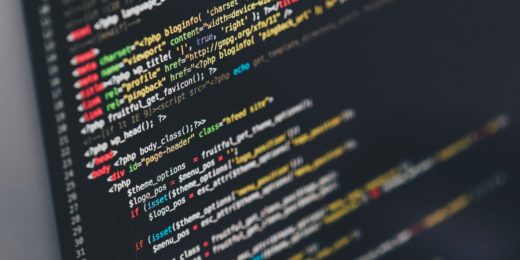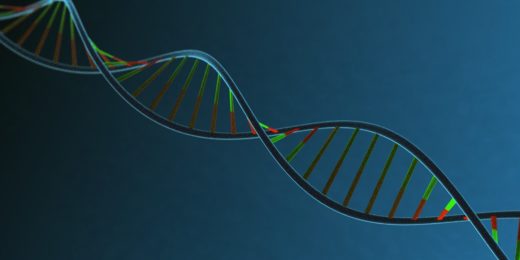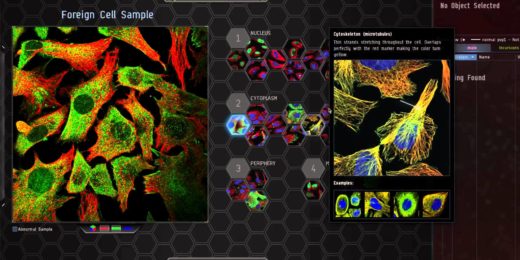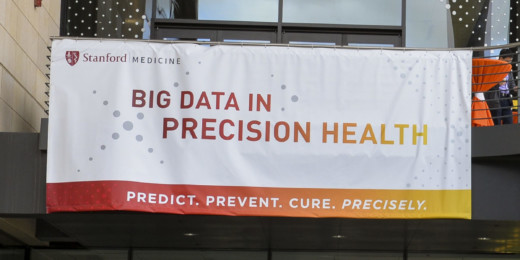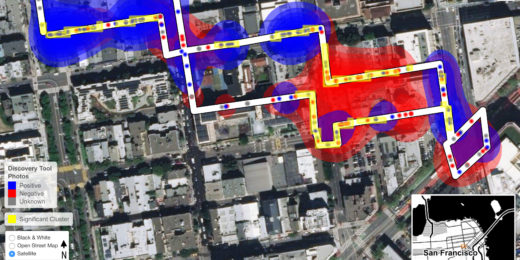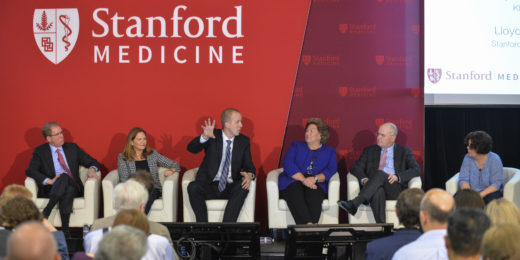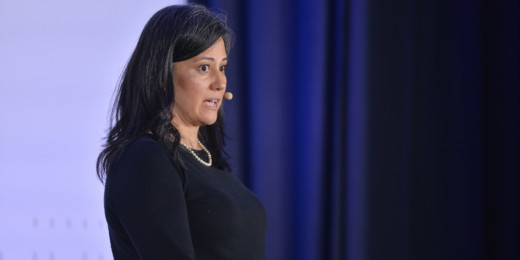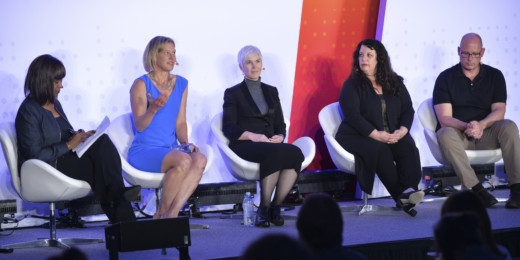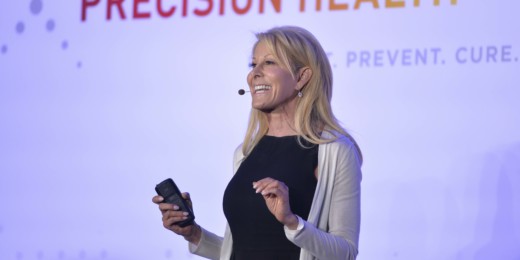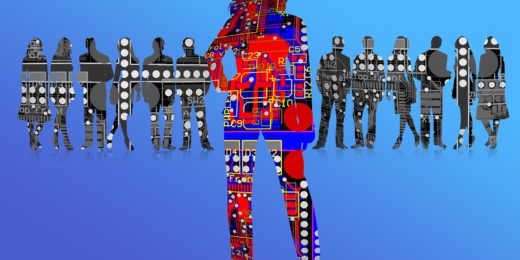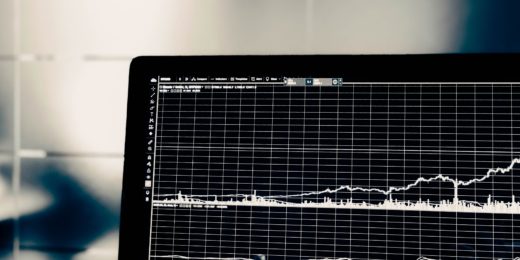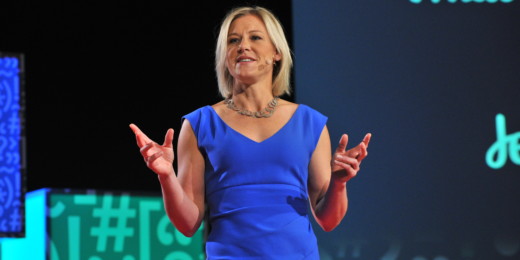A Stanford study examines a key aspect of artificial intelligence: If machines provide advice for patient care, who should those machines be learning from?
Category: Data Sciences
A roadmap for the future of electronic health records
A new white paper from Stanford Medicine details obstacles and offers solutions for achieving the full potential of electronic health records.
Can genome sequencing be used to predict disease? Quite possibly, new research suggests
Scientists have developed an algorithm that combines genome sequence data and electronic health information to predict risk for genetic disease.
Massive online space game refines protein localization
Citizen science through an online computer game, EVE online, helps scientists better classify protein locations inside a cell.
From AI to clinical informatics, Big Data conference videos offer deeper dive
Video interviews from Stanford's Big Data in Precision Health conference explore topics from artificial intelligence in radiology to clinical informatics.
Citizen science research investigates neighborhoods’ effects on well-being
Researchers engaged citizen scientists to take photos and collect other data to investigate how neighborhoods can affect health.
Realizing the clinical potential of electronic health records
Stanford Medicine's Electronic Health Records National Symposium touched on improving inefficiencies of EHRs, harnessing data for population health management, building on successes and overcoming obstacles.
Most clinical trial participants find benefits of sharing personal data outweigh risks
Most participants in clinical trials believe the benefits of broadly sharing individual data outweigh the risks, a new Stanford study has found.
Outdated equations lead to incorrect prescriptions for cardiovascular conditions
A team of researchers has updated and improved the equations that guide prescribing decisions for physicians in the U.S. regarding cardiovascular risk.
Health data provide insights into rare diseases, say panelists at Big Data in Precision Health
At a time when technology is bringing the world closer together, the practice and potential of sharing patient data is beginning to blur the notion of “rare” diseases, and offer more options for identifying and treating conditions previously considered undiagnosed, panelists at a Stanford conference said.
The digital evolution of health care at Big Data in Precision Health
During a digital health-focused session at the Big Data in Precision Health conference, four speakers detailed the ways in which they're harnessing digital technologies to empower patient health.
Elevating everyone at the Big Data in Precision Health conference
Experts from academia, industry government and more came together at this year's Big Data in Precision Health conference to share successes, lessons and insights into how they're breaking down data to precisely advance health care and research.
Countdown to Big Data in Precision Health: Understanding the hype and the hope for AI in health care
Dekel Gelbman, CEO of FDNA, speaks on the role of artificial intelligence in health care, and how he sees AI contributing to genetic diagnostic in particular.
Countdown to Big Data in Precision Health: Where machine learning and clinical care intersect
Jenna Wiens, an assistant professor at the University of Michigan, speaks to how big data, machine learning and health care intersect in advance of the Big Data in Precision Health conference at Stanford.
Countdown to Big Data in Precision Health: Breaking down data to improve health care
Jennifer Schneider, chief medical officer, breaks down her perspective on the intersection of technology and health care in preparation for this year's Big Data in Precision Health conference.
UK Biobank data opens up window into genetics of disease
A biobank from the U.K. releases hundreds of thousands of anonymized medical records and genetic data to scientists, who used it to track down new links between genetics and disease.


